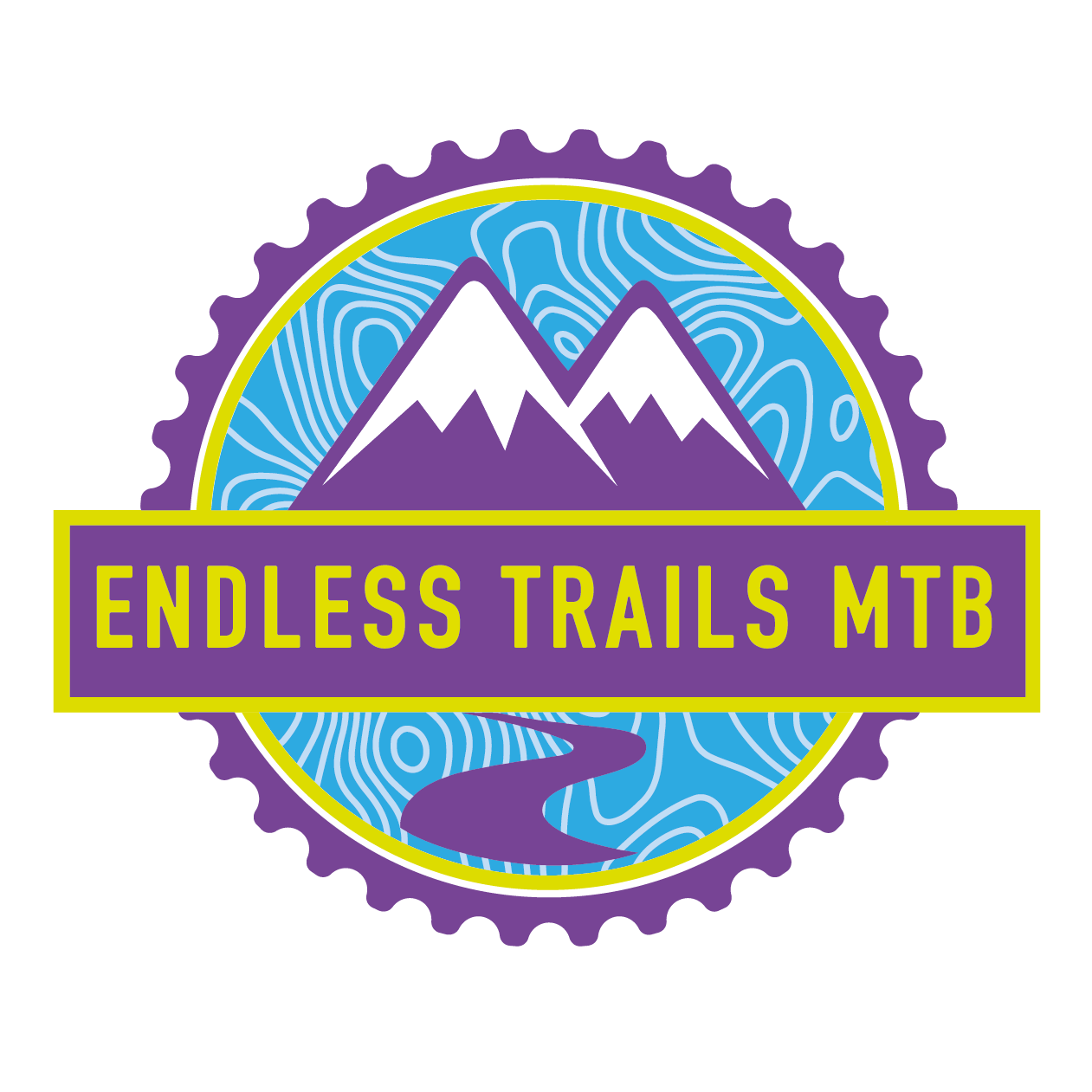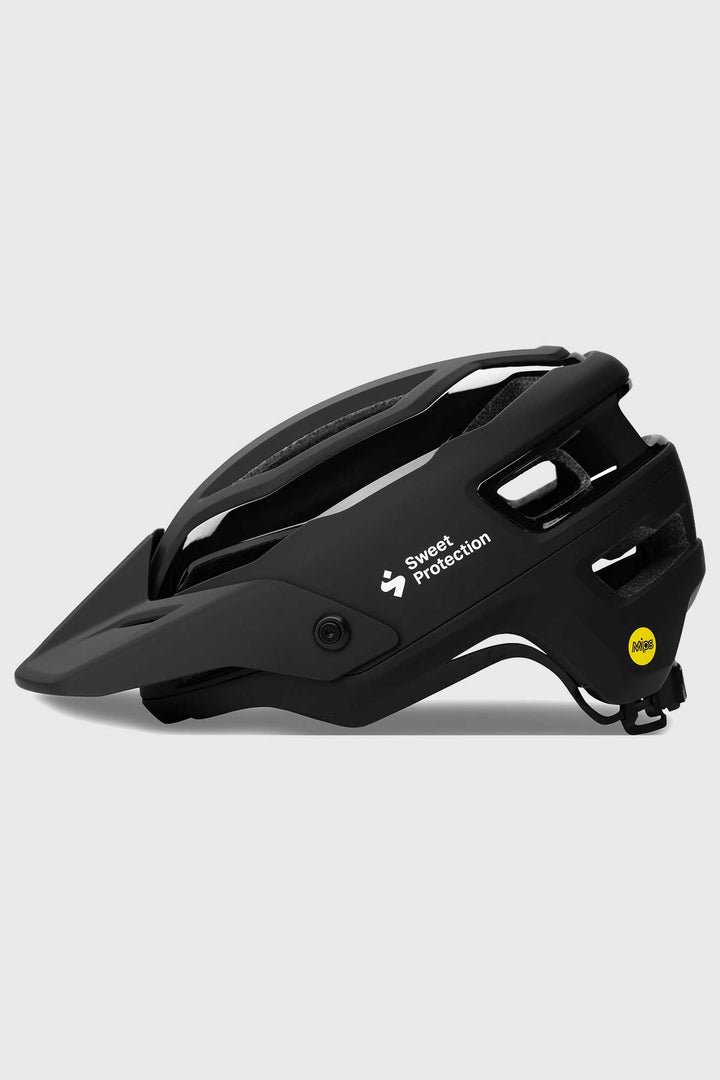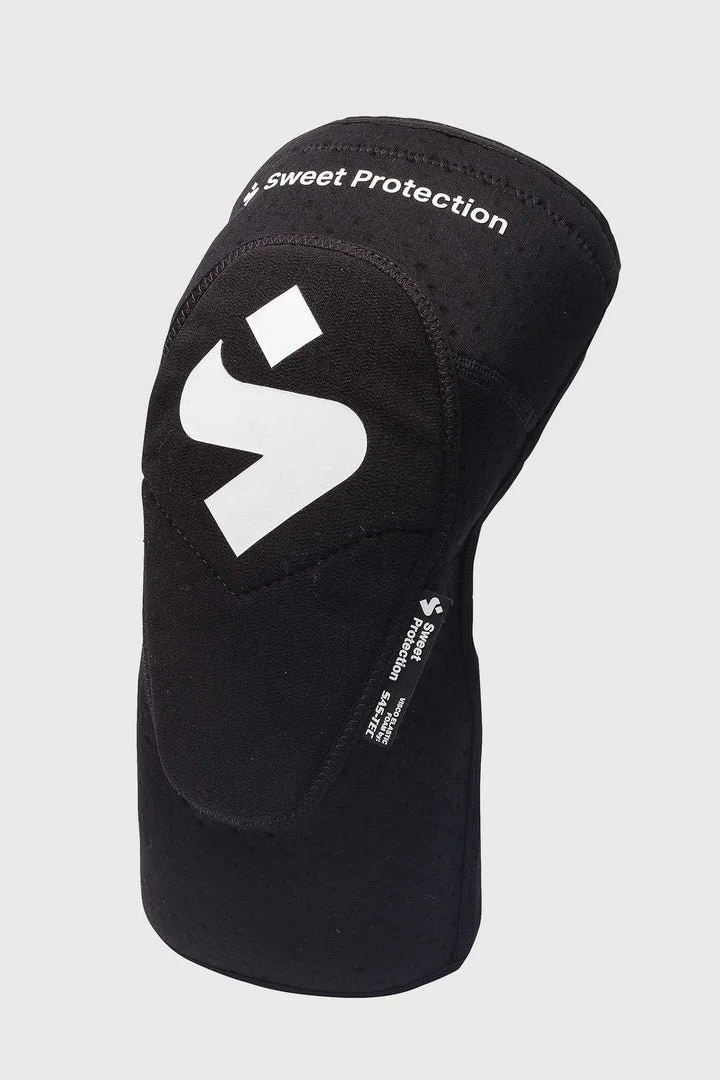recommended kit and Equipment faqs
What bike do you recommend for use on tours?
Juliana Maverick (145mm rear, 160mm front, 29er)
We suggest that you use an enduro or all mountain bike for all our trips. A modern 140mm+ 29er, 150mm+ 27.5" bike , or a mullet set-up similar to either of these would be ideal, with geometry slack enough to enjoy the descents, but capable of some reasonable amounts of climbing too. We would suggest that a full suspension set-up will be a more comfortable choice for the riding, however, if you are comfortable riding a hardtail on technical, natural trails then this will be fine. If you're not sure if your bike is up to this or want to speak to us about it then please get in touch.
Julia rode a Juliana Maverick (Santa Cruz Hightower) for several guiding seasons, and since 2023 has been riding a Juliana Roubion MX (SantaCruz Bronson MX). Both of these are ideal for the riding you’ll find on any of our trips in Scotland or the Alps.
Invisiframe frame protection
We highly recommend some frame protection on whatever bike you use. Rock strikes on fast loose descents are common, and crashes in rough unforgiving terrain happen to the best of us! We are big fans of Invisiframe and have been using it to protect our bikes since 2014. It provides full coverage of your frame and as the name suggests, is almost invisible! As an added bonus it makes cleaning your bike easier too!
We run Hope Technology components on all our bikes. They are UK made, built to withstand tough UK riding conditions, and we love the durability, reliability, and serviceability of all the parts. They also come in shiny colours which Julia is unashamed to admit makes her very happy!
Hope Tech 3 E4 brakes (Tech 4 now available)
For those joining us on Alpine trips, we recommend considering the additional amount and length of descending you will doing on a daily basis. You will potentially wear through more brake pads than you would do on your home trails, and we frequently see guests suffering with brake fade or overheating. Running larger rotors (we use 200mm front and rear in the Alps) is certainly a good idea and will help with this. Ensuring your brakes are in good condition and well-serviced before your trip is essential. The last thing you want is your trip spoiled because your bike isn’t working as well as you want it to!
If you are looking to upgrade your brakes we highly recommend the Hope Tech 4 E4 or V4 Brakes. We use these day in, day out in the Alps, week after week with over 15000m descending a week. We never suffer from brake fade or overheating, and other than changing pads we rarely have to do anything to them throughout the season.
Can I hire a Bike?
If you are looking to hire a bike we can put you in touch with local shops who will be able to help. Whilst this is always an option, we do recommend that you bring your own bike. Feeling comfortable and confident with what you're riding is really important on some of the more technical trails we'll ride, and will mean you enjoy the trip that much more.
What tyres should I use?
We run our tyres tubeless, using Maxxis Assegai or Maxxis Minion tyres. The EXO+ versions of Maxxis tyres offer a great combination between weight, puncture resistance and durability, and the Double Down (DD) offer even more durability for a slightly higher weight. This is worth considering for the rocky trails where we ride, especially if your riding style means you tend to pinch-flat often! Other tyre manufacturers who produce gravity-oriented tyres are also an option. Avoid any narrow, low profile or lightweight cross country tyres as you will not have the comfort, control or puncture resistance that you’ll need on the trails we ride. Heavy DH style tyres are probably a little unnecessary too unless you know you are the kind of rider who destroys any other tyres! Tyre widths between 2.4 and 2.6 inch are ideal. Tyre inserts such as cush-core are used by many of our guests and guides and worthwhile considering.
What kit do you recommend for use on tours?
Riding pack
Apart from your bike and yourself, a daypack is an essential item to carry on our rides. We'll often be away from villages or towns so you'll need to have space to carry some trail snacks and water for a full day out in the hills, as well as extra clothing like a waterproof jacket. We encourage everyone to bring the normal trail tools, pump, tubes, parts specific to your bike, as whilst we'll always be carrying kit to try and fix most trailside mechanicals, we can't carry every derailleur hanger and set of brake pads for every bike!
Our go-to backpacks are those made by Deuter, a german brand with a long history in designing functional, durable and high-performance packs for outdoor sports, with well thought out features and a super comfortable fit. We recommend a 15-20L pack and our favourites are the Flyt, Attack and Trans Alpine range.
Image Credit: Deuter UK - Flyt 20 backpack
The Flyt 20 (or Flyt 18 SL for those wanting a shorter back length) is an ideal choice and has all the features you need for a big day in the mountains:
Removable Back protector, Two side outer pockets, Side smartphone pocket, Rain Cover, Compatible with 3.0 litre drinking system/bag, Front pocket with large organisational section for tools, Helmet clips, Compression straps, Goggle holder on shoulder strap, Free Crash Replacement, Airstripes System, PFC free
You can find details of stockists at the link here, or speak to Julia if you would like to look at any of the various packs she uses!
Warm layers & waterproof jacket
Despite temperatures in the Alps during the summer frequently reaching the mid 30s, afternoon storms are relatively common, and during these the temperature can drop to very cold and wet in a short space of time. On some of our trips we reach altitudes of close to 3000m, and it can also be pretty cold up here if there is the slightest breeze. We always advise carrying a lightweight waterproof and/or windproof layer just in case! Over the years we have personally found that non bike-specific waterproofs work better than those designed just for riding. They tend to be more waterproof, last longer, and have everything you need to keep you dry in mountain weather, plus they are often cheaper! Look for brands such as Patagonia, Mountain Hardwear, Mountain Equipment, Rab, Marmot.
Shoes
Image Credit: Extra UK - Crankbrothers Mallet E Speedlace
Having tried most mountain bike shoes on the market over the last 12 years, we’ve firmly settled on our favourites.
The Crank Brothers range of MTB shoes, whether you ride flats or clips, provide the perfect combination of stiffness for pedalling efficiency and a ramped toe and grippy tread making them ideal for hike a bike situations. Comfier than your favourite trainers, durable enough to cope with back to back big days out on the hill, we are big fans and highly recommend them if you are looking for shoes suitable for the kind of riding and terrain you’ll encounter on our trips. Our current favourites are the Mallet E Speedlace.
Helmets and pads
Sweet Protection Trailblazer MIPS
A helmet is the only compulsory item of protection we require you to wear on our trips, and this can be a trail style half-face helmet, or alternatively a helmet with removable chin guard. Different heads suit different helmets so it’s up to you to find something you are happy with! Our recommendation is the Sweet Protection Trailblazer MIPS. We’ve been using this well-designed and award-winning helmet for several years now and love the fit, the design, and the knowledge that it’s been thoroughly tested to ensure it does it’s job well.
Sweet Protection Knee Guards
Most guests on our trips use knee pads and some also choose elbow pads as well. We’ll always be riding in knee pads and we highly recommend you choose to do the same. It’s not obligatory but the fast, loose and rocky trails mean small skids and tumbles are regular occurrences. A decent set of knee pads will stop the worst of the scrapes and bruises!
We use the Sweet Protection Bear-suit Knee Guards. These are lightweight, comfortable to pedal in, and provide good protection to your knees in the event of crashing!
what about insurance for myself and my bike?
What personal insurance do I need?
In the UK, Mountain Rescue and state medical care are services that are provided free of charge to UK Citizens and EU Nationals. EU Nationals should ensure they have a GHIC/EHIC card which proves they are entitled to reciprocal medical care. For non-EU Citizens you must have insurance that will cover you for medical costs, as well as repatriation, and you should check that your provider specifically covers mountain biking, many now class this as an "Extreme" activity requiring an additional premium. We highly recommend that everyone has cover for extra costs and charges incurred as a result of delays, cancellations, rescheduling, repatriation or any other factors outside our control.
BIKMO offer adventure sports travel insurance policies for single or annual multi-trips which cover the kind of trips we offer, and we highly recommend getting in touch with the team there, all of whom are cyclists and keen adventure enthusiasts themselves. You can follow the link to get a quote from the site here.
For overseas trips, you must have insurance that will cover you for rescue in a mountainous and backcountry environment in France, Italy and Switzerland. Your insurance must also cover you for any medical costs incurred, as well as repatriation. If you have an EHIC or GHIC card (EU and UK citizens), this is an easy way of proving you are entitled to reciprocal medical care, however, it does not replace insurance and will not cover the costs of any rescue operation or repatriation to your home country. It is a condition of booking that you take out insurance that meets the above criteria.
We highly recommend that everyone also has travel insurance cover for extra costs and charges incurred as a result of delays, cancellations, rescheduling, repatriation or any factors outside our control.
What about insurance for my bike and/or belongings?
We make every effort to ensure the security of your belongings and your bike during our trips. However, we don’t under any circumstances accept responsibility for damage, loss or theft. It is up to you to ensure that you are happy with the security arrangements in place at cafes/pub stops, hotels and whilst transporting belongings, including your bike, on vehicles. Please ensure that your belongings and bike are adequately insured during the trip for damage, theft and loss, and that you are happy that the security arrangements provided comply with those specified by your insurance company. We recommend getting in touch with BIKMO, our partner Insurance company.
Bikmo is cycle insurance, designed and run by cyclists. Their award-winning cover provides peace-of-mind protection against theft and accidental damage to your bikes and kit, plus the option to protect yourself as a rider. So even if you damage or break your bike or kit in a crash, you’re covered! We've negotiated a 10% discount off your policy for all clients. Get a quote in seconds and redeem your offer at bikmo.com using the discount code ENDLESSTRAILS.










